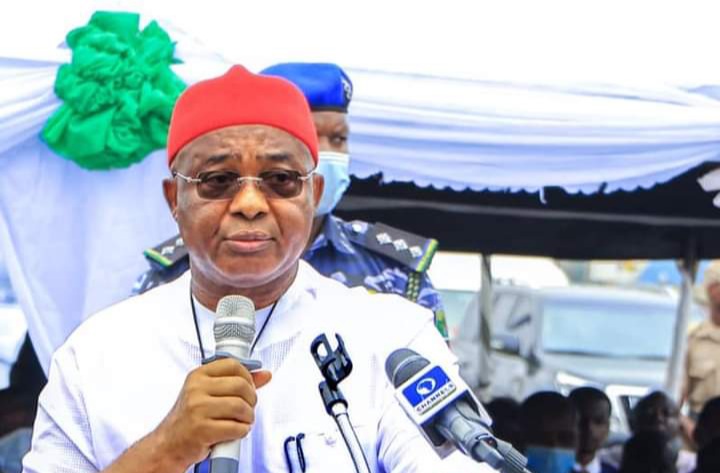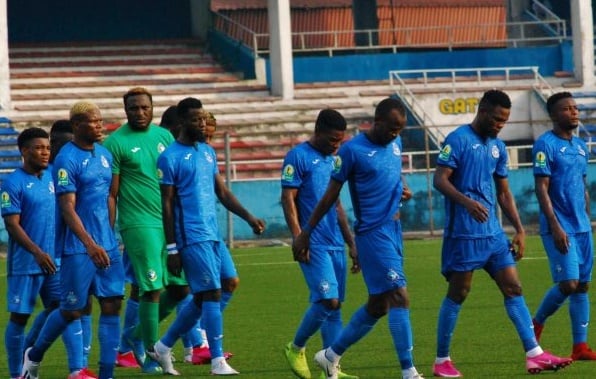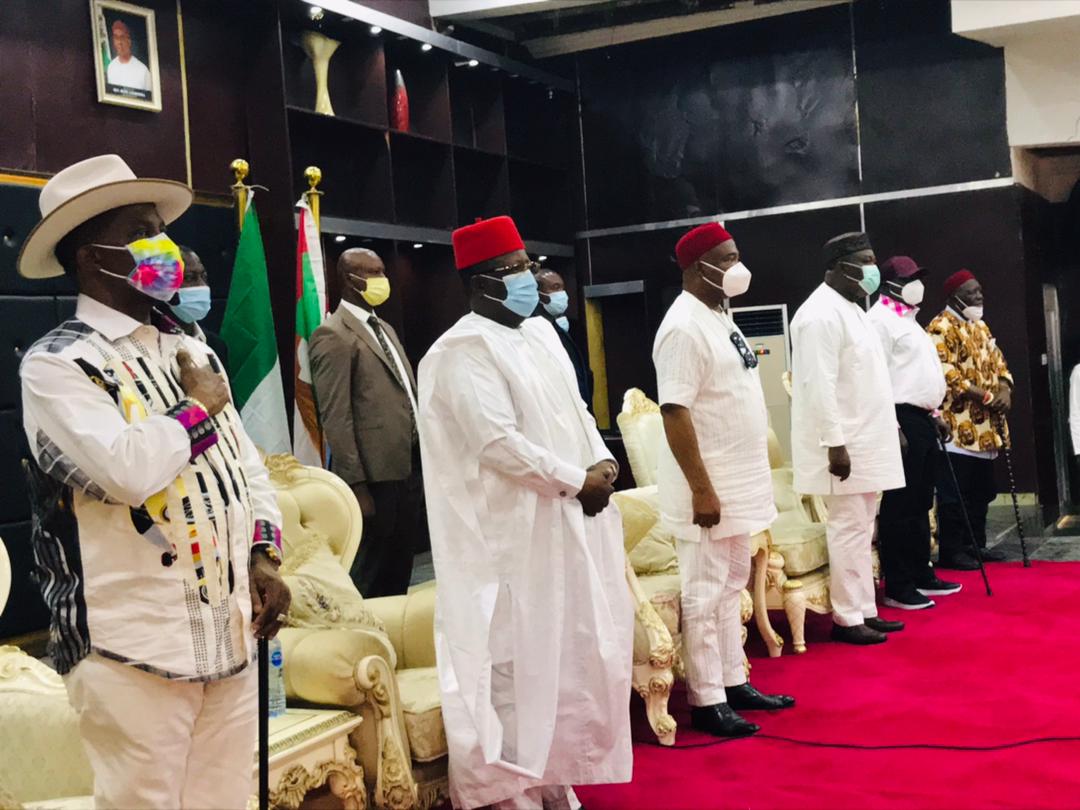Potential awardees and investors of marginal oilfields in Nigeria are encountering difficulty due to structural challenges caused by the Department of Petroleum Resources (DPR), an industry insider has revealed in a social media post.
The DPR had granted award tenders for the development of 57 marginal oilfields.
The awards are expected to generate $500 million from signature bonuses for the federal government.
In December, the agency said 161 out of 600 companies were successful and shortlisted to advance to the final stage of the bid round process.
Advertisement
But an insider said the awards pose several challenges for both the awardees and investors.
PREVIOUS LICENSING ARRANGEMENT
During the last marginal oilfield bid round held in 2002, 24 licenses were awarded to 31 indigenous companies — 11 of which were revoked by the government for inactivity.
Advertisement
Insiders said in the last licensing round, winners were given award letters which was used as a financial instrument in furthering discussions with investors.
“In previous licensing rounds, winners were given an award letter. This award letter served almost as a “financial instrument” since a winner has a fixed route to securing eventual title and this title was only subject to a payment of a signature bonus,” the insider said.
“A winner could then go to a financier and discuss terms for leveraging his award. The financier, in turn, will know that he can enter into an arrangement with the company based on this award letter alone. The financier could take a charge over the shares in the winning company and through that gain some level of security before paying the signature bonus to the government.”
THE NEW POTENTIAL AWARDEE APPROACH
Advertisement
The structure is said to be different in the ongoing bid as insiders said investors and awardees will encounter challenges with funding protocol.
Away from the previous arrangement, the DPR introduced the “potential awardee” approach with which security arrangement cannot be implemented.
“Whilst the DPR’s logic of only granting potential rights makes sense, the argument from the DPR is that if you grant them the award before they pay, and then if they don’t pay, it’s hard to revoke — it does not take full account of the funding protocols,” the insider said.
“So investors are faced with a conundrum; what security arrangements can I make with a “potential awardee” that for all intents and purposes really has nothing until payment is paid. What is worse, even if investor takes the risk and pays, he still has to go through the risky process of having several “potential awardees” try to form an SPV before title is awarded.
Advertisement
“A process full of all sorts of counter party risk as the investor will not know which of the other “potential awardees” will pay and thus will not know who his eventual partner will be. This itself is a KYC nightmare – investor is asked to pay a bonus long before he knows if his would be partners are credible both financially and from a KYC point of view.”
The insider said award of a marginal field, although full of hope and promises, begins as a liability, hence recommending caution before engagement.
Advertisement
“It is a long hard road and one should not be mortgaging ones houses and assets to buy liability until one has a sense of where one will get all the equity capital needed.”
Advertisement
Add a comment





